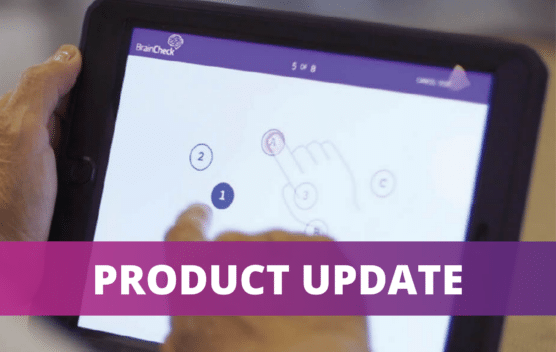Months later, COVID-19 continues to impact communities around the world. Its wide variety of presentations make screening and accurate diagnosis challenging when relying on symptoms alone. Over these first few months we have learned much about the disease. Interestingly, doctors have observed a number of cases where neurological deficits from COVID-19 have been the primary presentation.
COVID-19 Triggering Autoimmune Neurological Deficits
Two case reports of Guillain-Barré Syndrome variants in patients with COVID-19 raised the concern for the virus triggering autoimmune-mediated neurological impairment. Thankfully, the patients in both cases recovered well with treatment. They presented with a mixture of diplopia, parasthesias, gait instability, nystagmus, and limited eye movement, primarily showing deficits in the cranial nerves. While their symptoms were different, they likely shared a common etiology.
Strokes in Young and Healthy Patients
Another article brought to light a possible trend of young, otherwise healthy patients presenting with large-vessel ischemic strokes while infected with COVID-19. In these cases, patients had poor outcomes and traditional treatments,such as tPA and thrombectomy appeared to potentially backfire.
How COVID-19 Gets In
Much of this may be explained by what appears to be the virus’ pathway into the body: infecting the angiotensin-converting enzyme 2 receptors, which are present in many tissues, including endothelial cells. This may explain the diverse presentations of the virus affecting all parts of the body. In response to these findings, some hospitals are raising the prophylactic doses of blood thinners to avoid emboli formation for COVID-19 patients in the hospital.
Another recent article put these findings nicely together in a coherent narrative. If COVID-19 is primarily attacking receptors on endothelial cells, it would certainly explain much of what we are seeing. There are clear pulmonary symptoms. However, more and more it seems the disease may not be centered on the lungs, but that respiratory issues are a downstream consequence. Damage to blood vessels would explain the high rate of blood clots observed, plaque rupture, and other cardiovascular complications.
Tracking Cognitive Function for COVID-19 Patients
It’s important to track our patients during illness and recovery from COVID-19. Neurological symptoms are no exception. BrainCheck can help track any cognitive deficits and ensure patients return to baseline. And as their provider, BrainCheck can provide you with insight into how best to target rehabilitation.
